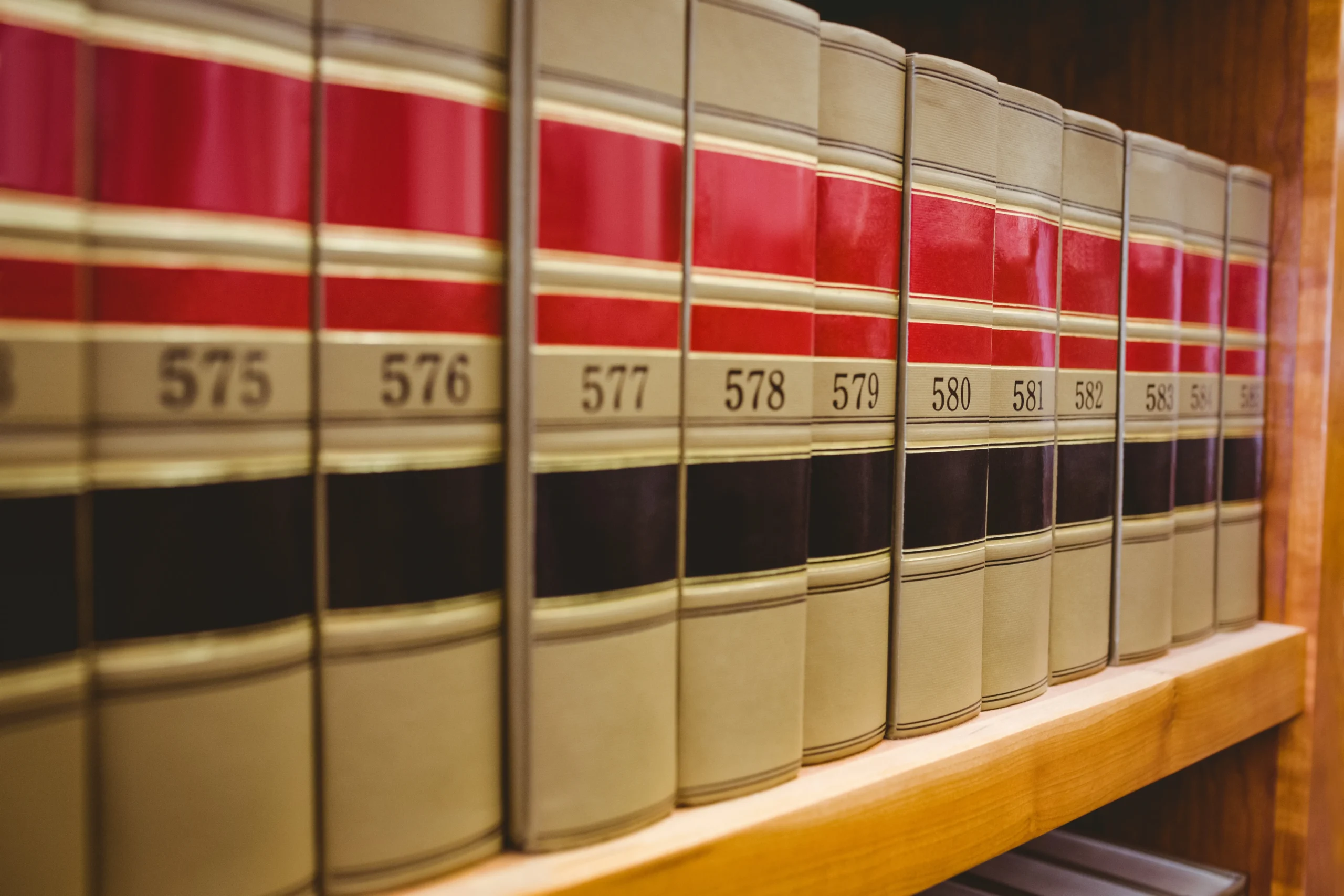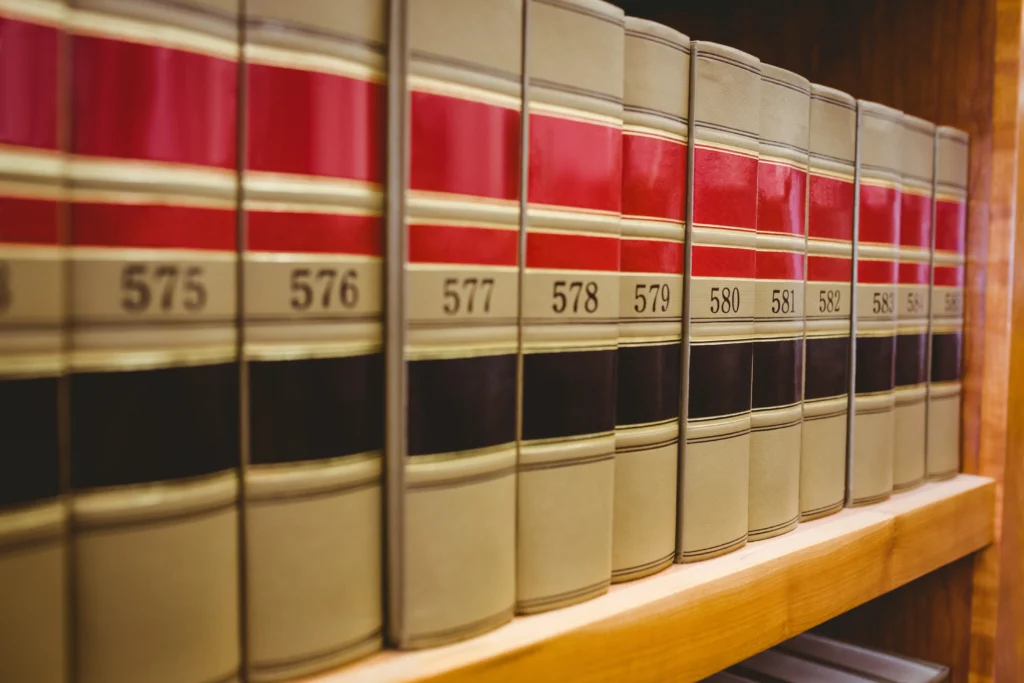Address
Macarthur Square, WOTSO, Level 2, Shop L080/200 Gilchrist Dr, Campbelltown NSW 2560, Australia
Work Hours
Monday to Friday: 9AM - 5PM
Weekend: Closed


When creating a legally binding will in Australia, you must store it in a secure and safe place. Executors or families must be able to easily access the documents to ensure they fulfil the deceased’s wishes.
Find out more about making a will in New South Wales, the legal requirements, changes or cancelling a will, and whether registration is required.
Let’s take a closer look.
A will must be legally binding and prepared correctly. It must accurately reflect how a person wishes their property to be distributed, in the event of their death. A person making a will should provide clear intentions to help avoid possible contention or confusion.
The Succession Act contains legislation and legal guidelines for making a will in New South Wales.
The testator must appoint an executor, nominate beneficiaries to receive their assets and possessions, and accurately sign and witness the legal document.
When a person dies, the nominated executor must apply for a Grant of Probate from the Supreme Court, which provides the legal authority to manage the deceased estate.
A person should obtain legal advice before preparing their own will, and a lawyer can help prepare the document to ensure it meets the necessary legal requirements.
Even though a will can not be registered, it should be stored in a safe place, either at a person’s home, with a family member or solicitor.
The executor appointed should know the location of the will, to ensure easy access upon a person’s death.
Creating separate funeral instructions for remaining family members can be beneficial as they can access information without viewing the will.
Any person over 18 years can make a will if they have the testamentary capacity. A person who is contemplating marriage and is under 18 can also make a will.
In circumstances when unmarried children under 18 years are earning large sums of money, in acting, modelling or sporting endeavours, they can make a will, if the courts approve.
The cost of making a will in New South Wales can vary greatly depending on the complexity of the document and what option the willmaker chooses. For example, an online DIY will kit may cost as little as $30, whereas a professionally drafted will from a solicitor can cost over $1000, depending on the individual lawyer fees.
It is crucial when writing a will, that it is valid. Otherwise, dying intestate means family members may be automatically entitled to the deceased estate. In some cases, this may include a former spouse, children or certain family members they may not want to have a share of their estate after they die. If there are no eligible relatives, the deceased estate passes to the state government.
The legal requirements that must be met when creating a valid will are as follows:
In addition to the legal inclusions, a will can also contain instructions that detail the care of children, or pets, as well as specific funeral arrangements and any charitable donations.
When creating a will, it is possible to incorporate testamentary trusts within the legal document. A testamentary trust allows specific assets to be held in trust for nominated beneficiaries, with terms that dictate when the income or property is distributed. This helps protect the deceased’s assets from creditors, provide tax benefits, and ensures that children receive entitlements when they are able to independently manage the funds.
A court can make a family provision order if they believe an eligible person was not adequately provided for in a person’s will. An eligible person may be a spouse, child, de facto partner or a dependant person. The person will receive a portion of the deceased estate for either; maintenance, advancement in life, or education.
There are several reasons why a person may wish to revoke their will, often it will coincide with life changing events such as the following:
When a testator wishes for their will to become invalid, there are several ways they can physically destroy or revoke the will, such as burning, ripping or destroying the document. It is also possible for the testator to write on the will, to revoke it.
In some situations, it may be necessary to change or alter a will, such as; when a person gets married, divorces, has a child, buys property, an executor dies, or when their financial situation changes considerably.
When a testator makes changes to their will, it is called a codicil, which is an authorised amendment. A court must be satisfied that the document contains the testamentary intentions. Minor changes can be made in writing, signed and witnessed by two people. In some cases, when a change is major, it can be easier to create a new, updated will.
In New South Wales, it is not compulsory to register a will, as there is no public registry. There are several options available to register wills privately. The NSW Trustee and Guardian offer secure storage for several legal documents, such as wills, power of attorney or enduring guardian documents using their will-safe service.
The Supreme Court also provides a will lodgement facility through the Registrar of Probate.
A will must be legally binding and prepared correctly to accurately reflects how a person wishes property distribution in the event of their death. A person making a will should provide clear intentions to help avoid possible contention or confusion.
The legal requirements that must be met when creating a valid will include; it must be dated, signed and witnessed, and the testator must possess the mental capacity to understand the effects of the will.
When creating a will, it is possible to incorporate testamentary trusts within the legal document, to allow specific assets to be held in a trust for nominated beneficiaries.
A court can make a family provision order if they believe an eligible person was not adequately provided for in a person’s will.
In some situations, it may be necessary to change or alter a will, such as; when a person gets married, divorces, has a child, buys property, an executor dies, or when their financial situation changes considerably. When a testator makes changes to their will, it is called a codicil, which is an authorised amendment.
In New South Wales, it is not compulsory to register a will, as there is no public registry. The NSW Trustee and Guardian offer secure storage for several legal documents, such as wills, power of attorney or enduring guardian documents using their will-safe service. A will should be stored in a safe place, either at a person’s home, with a family member or solicitor.
A person should obtain legal advice before preparing their own will, and a lawyer can help prepare the document to ensure it meets the necessary legal requirements.
It is crucial when writing a will that it is valid. Otherwise, dying intestate means family members may be automatically entitled to the assets. In some cases, this may include people such as, a former spouse, that a deceased person may not want to have a share of their estate.
The legal requirements that must be met when creating a valid will include the following;
In New South Wales, it is not compulsory to register a will, as there is no public registry. There are several options available to register wills privately. The NSW Trustee and Guardian offer secure storage for several legal documents, such as wills, power of attorney or enduring guardian documents using their will-safe service.
The Supreme Court also provides a will lodgement facility through the Registrar of Probate.
A person may wish to store their will at home or with a family member or their solicitor.
The cost of making a will in New South Wales can vary greatly depending on the complexity of the document and what option the willmaker chooses. For example, an online DIY will kit may cost as little as $30, whereas a professionally drafted will from a solicitor can cost over $1000, depending on the individual lawyer fees.
A person should obtain legal advice before preparing their own will, and a lawyer can help prepare the document to ensure it meets the necessary legal requirements.
 Eleni Overell who has considerable experience in Probate and Estate matters is based in Campbelltown and serving the Macarthur and surrounding areas. Holding a Bachelor of Laws from Western Sydney University, her legal expertise spans Property Law, Criminal Law, and more. A member of the Law Society of New South Wales, Eleni also actively contributes to the community through her role on the NSW Legal Aid Panel. Call Eleni for a free consultation on the NSW Will Register.
Eleni Overell who has considerable experience in Probate and Estate matters is based in Campbelltown and serving the Macarthur and surrounding areas. Holding a Bachelor of Laws from Western Sydney University, her legal expertise spans Property Law, Criminal Law, and more. A member of the Law Society of New South Wales, Eleni also actively contributes to the community through her role on the NSW Legal Aid Panel. Call Eleni for a free consultation on the NSW Will Register.
